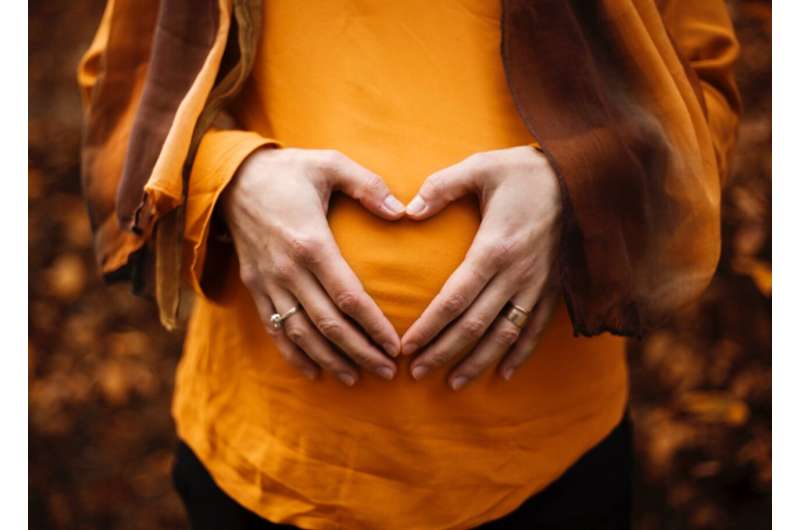This article has been reviewed according to Science X's editorial process and policies. Editors have highlighted the following attributes while ensuring the content's credibility:
fact-checked
peer-reviewed publication
trusted source
proofread
Study shows women with PCOS respond well to fertility treatments

Researchers from The University of Queensland have found that women with polycystic ovary syndrome (PCOS) respond well to fertility treatments and have the same birth rate as women without the condition.
Dr. Katrina Moss from UQ's School of Public Health said the findings should offer some reassurance for women with PCOS who are concerned about their fertility. The research is published in Fertility and Sterility.
"We studied 1109 women who were using fertility treatments and found no difference in births between the women with and without PCOS or between those on different treatment paths," Dr. Moss said.
"More women with PCOS used fertility treatment—38% compared to 13% of women without PCOS, but the birth rate was equivalent, so women with PCOS were not disadvantaged."
PCOS affects around 1 in 10 Australian women, causing irregular or absent ovulation making it difficult to fall pregnant.
Clinical practice guidelines recommend a stepped treatment for PCOS-related infertility—ovulation induction (OI) followed by intrauterine insemination (IUI) and, finally IVF.
"According to our analysis, most women with PCOS are following the recommended treatment pathways," Dr. Moss said.
"71% are starting OI compared to 36% of women without PCOS, and fewer women with PCOS progress to IVF.
"It's positive that non-invasive treatments like OI are highly effective, and there was no disadvantage to starting with that and progressing to other treatments if needed—suggesting the clinical practice guidelines work well for most women."
Professor Jenny Doust from UQ's School of Public Health said the findings mean general practitioners can reassure women with PCOS that their chances of having a child are just as good as anyone else's.
"However, it's possible that this is because women with PCOS are more likely to start fertility treatments earlier, around age 31 compared to age 34 for women without PCOS, and age is a key factor for success," Professor Doust said.
"We also found that women who need to go on to more invasive treatments such as IUI and IVF were more likely to have other reproductive disadvantages such as endometriosis, obesity or a higher age.
"These factors should be considered by clinicians and patients when choosing treatment pathways as it's important to get women into the most effective treatment as early as possible."
More information: Katrina M. Moss et al, Fertility treatment pathways and births for women with and without polycystic ovary syndrome—a retrospective population linked data study, Fertility and Sterility (2023). DOI: 10.1016/j.fertnstert.2023.11.008


















